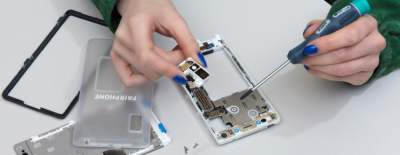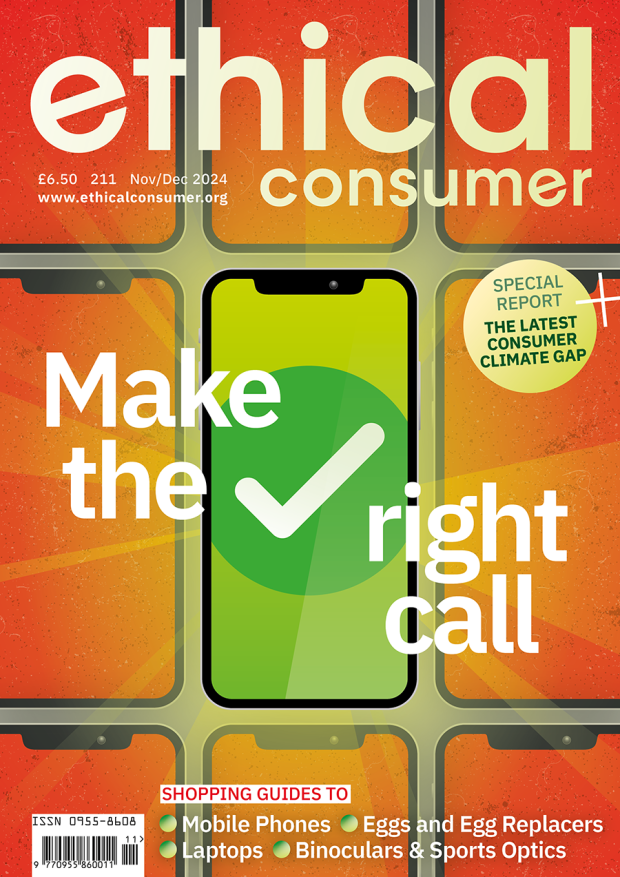Finding an ethical phone or smartphone
This guide to ethical mobile phones, with our in-depth independent research plus ratings table, helps you make decisions about which phone brands are ethical or not.
We look at how each mobile phone brand addresses the important ethical issues faced by the sector, including: the sourcing of key minerals used in phones, product longevity including repairability, energy emissions, and upholding workers’ rights in the supply chain.
So if you prefer not to fund unethical practices, we've got recommendations and one best buy brand for you.
This guide features the main players in the mobile phone industry (Apple has 50% of UK sales, followed by Samsung at 30%), as well as smaller challengers shaking up the market.
But as well as helping you choose a more ethical mobile phone, we also explain why our main recommendation is to buy less often, to make the phone last as long as possible, and to buy refurbished and secondhand phones where possible.
You may also be interested in our guide to mobile phone networks.







